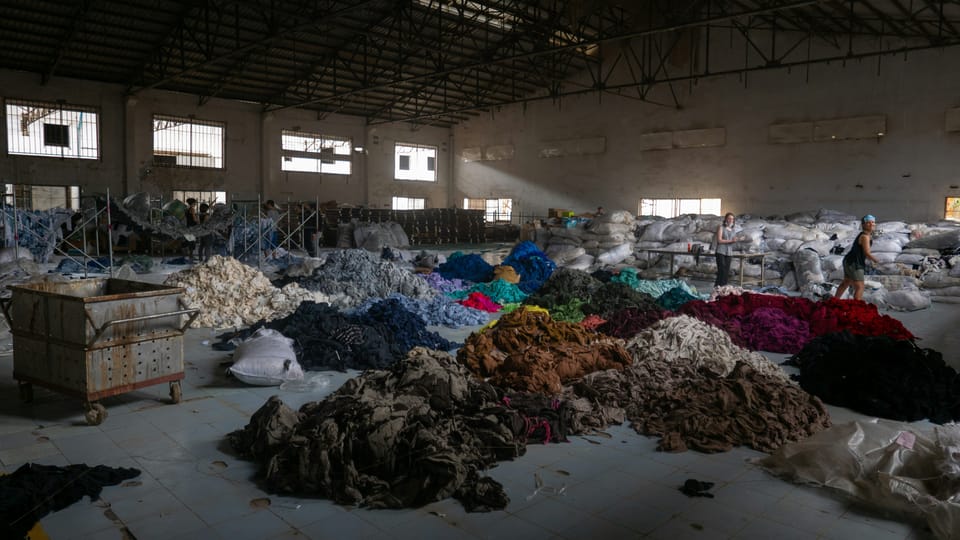What France’s bill on ultra-fast fashion means for the sector
The bill includes an advertising ban and environmental fines.

France is attempting to limit the negative environmental and social impacts of ultra-fast fashion with new legislation including an advertising ban and fines.
Adopted in France’s Senate last week, the bill clearly targets Chinese ultra-fast fashion platforms like SHEIN, Temu and AliExpress – arguing that these incite overconsumption, with disastrous environmental consequences.







